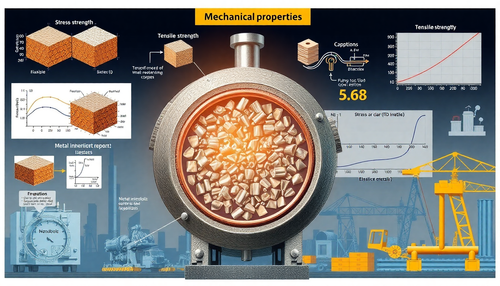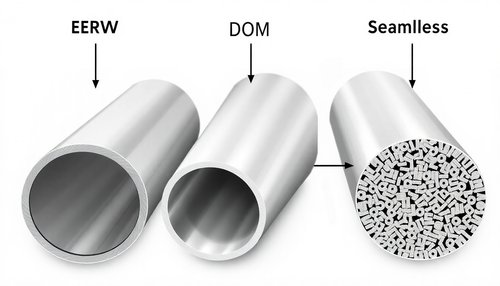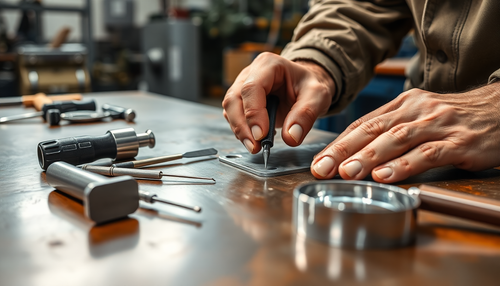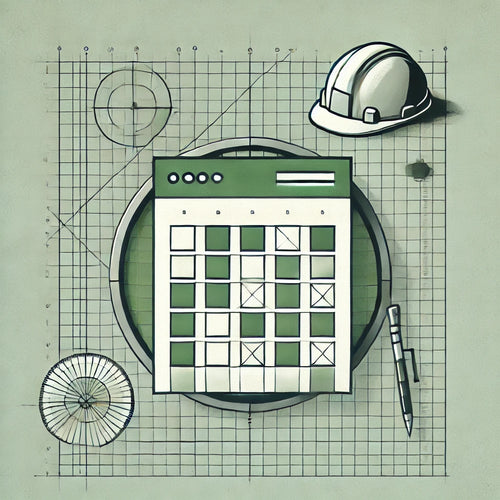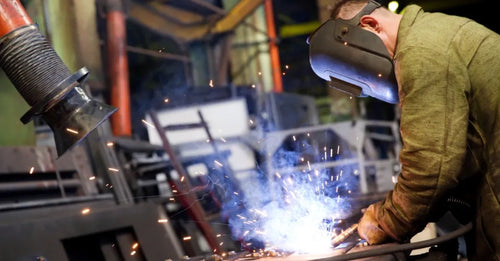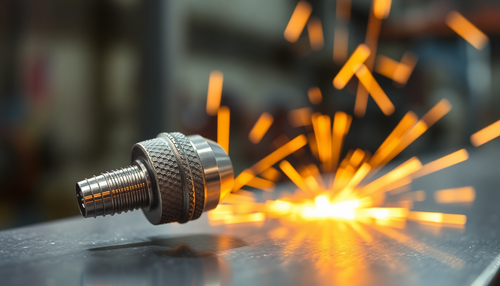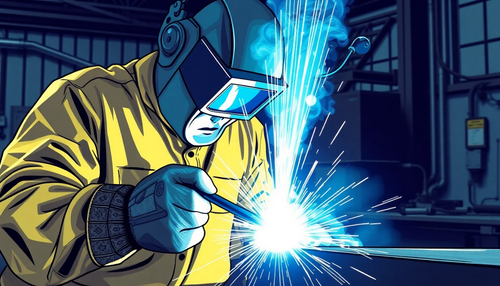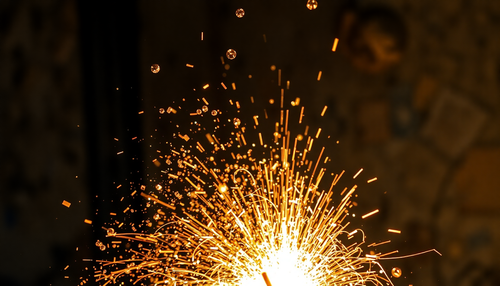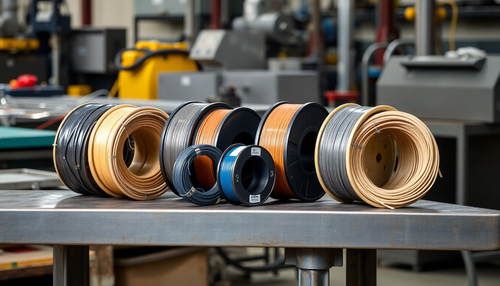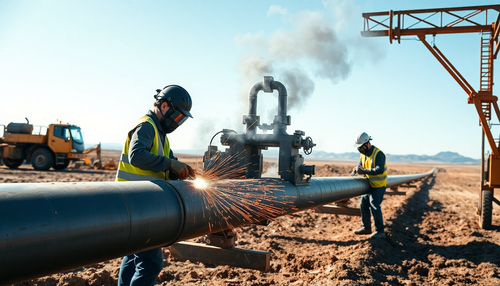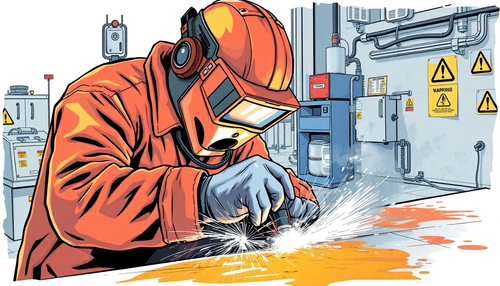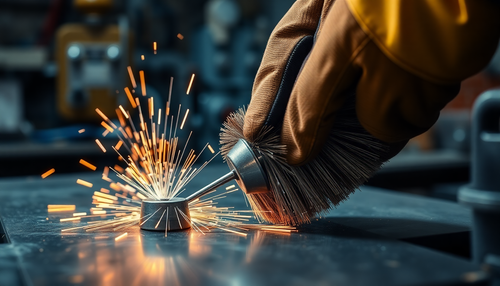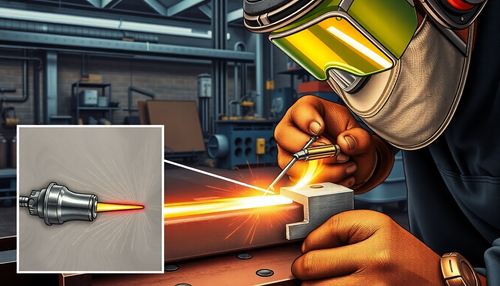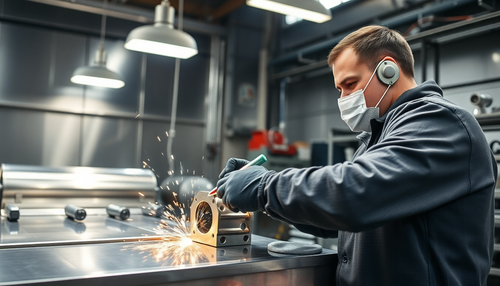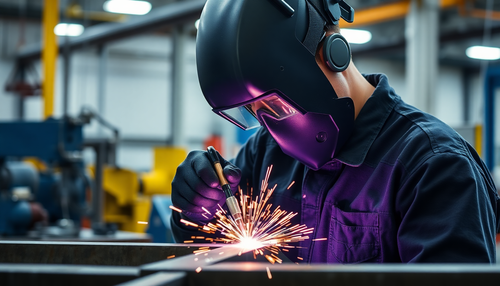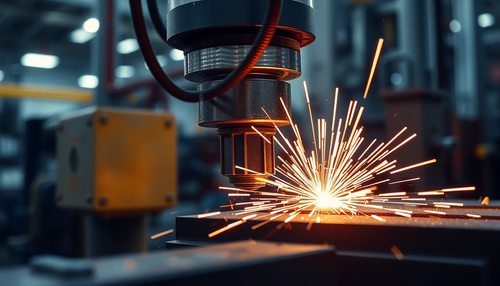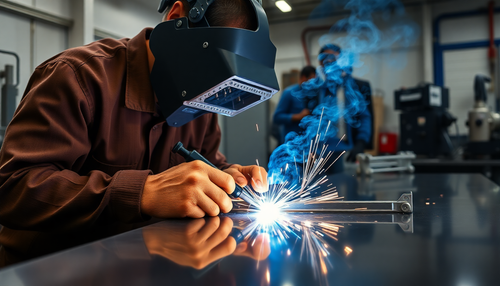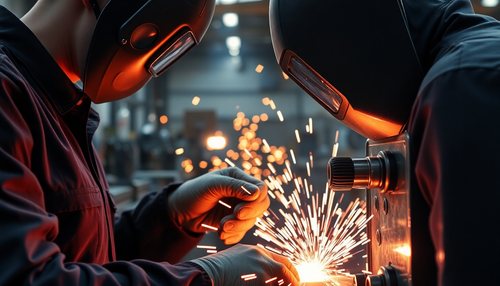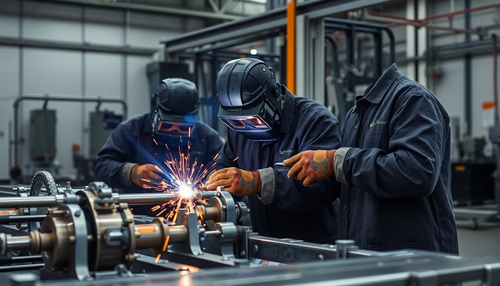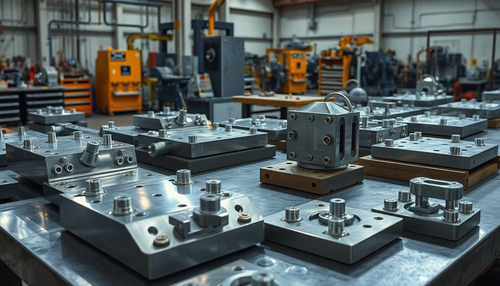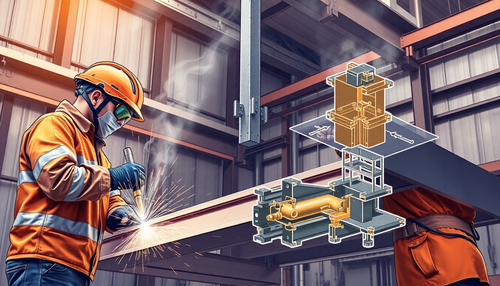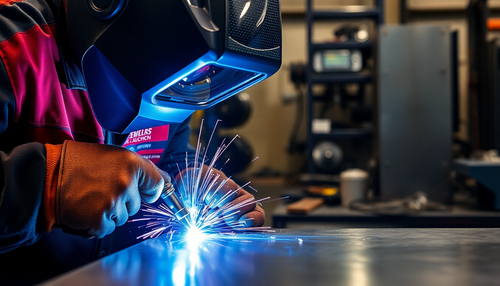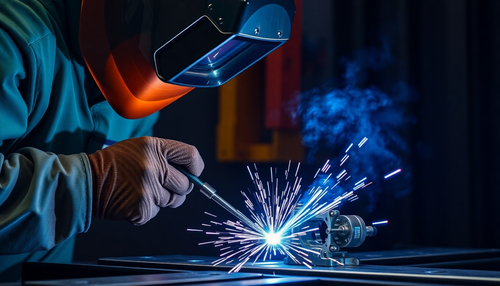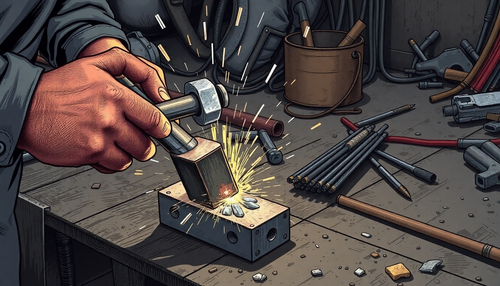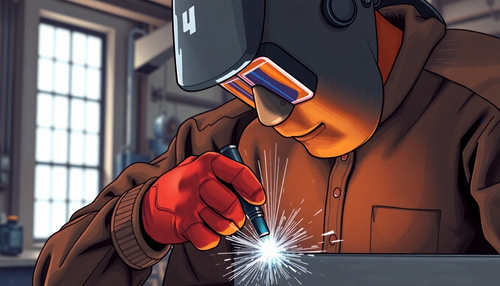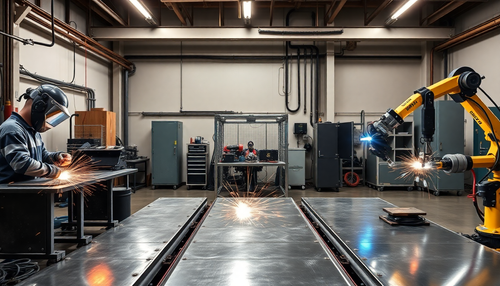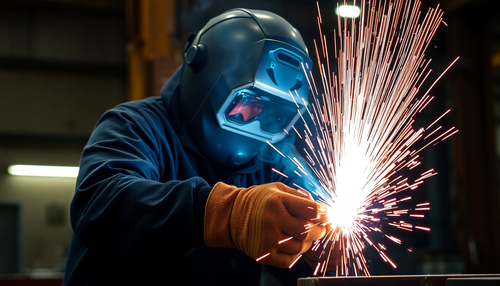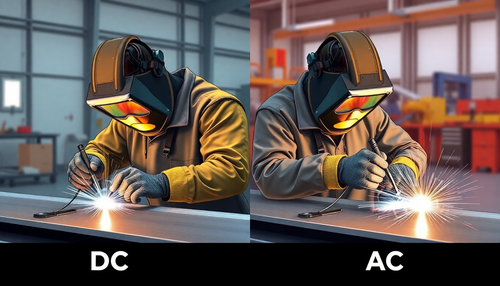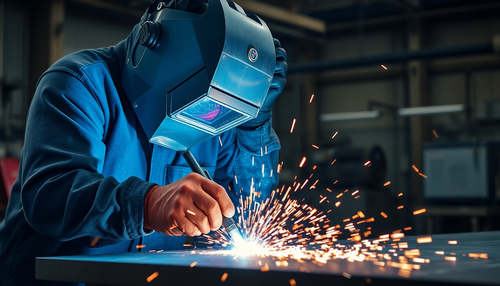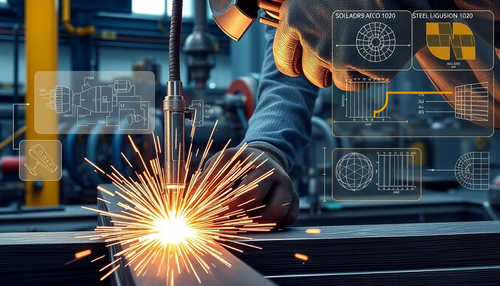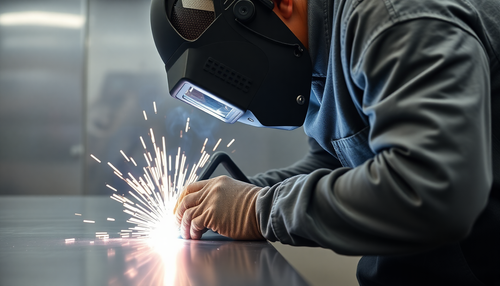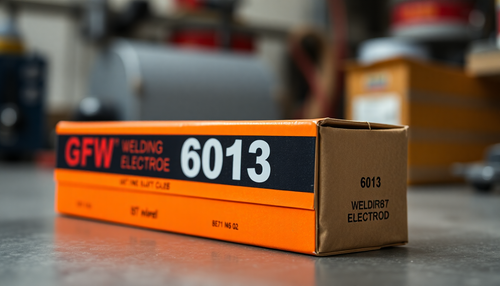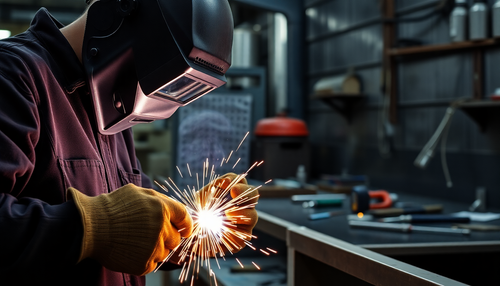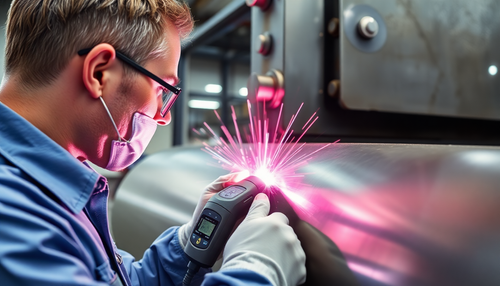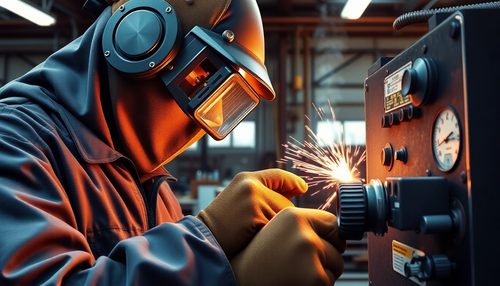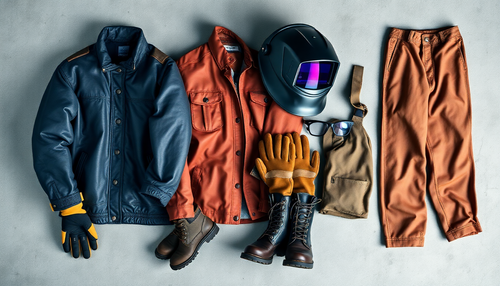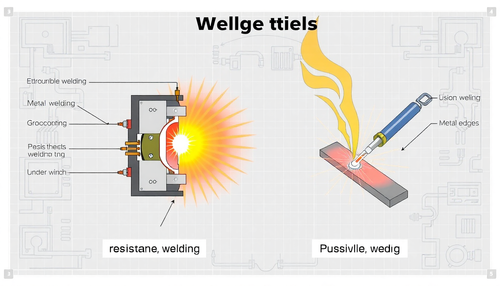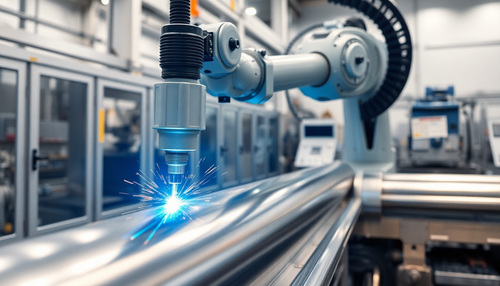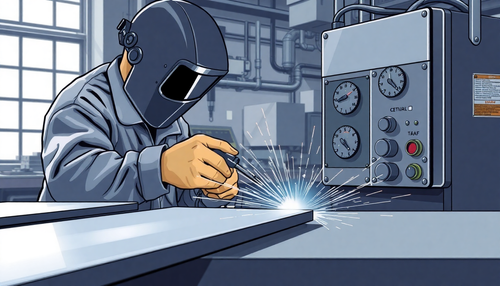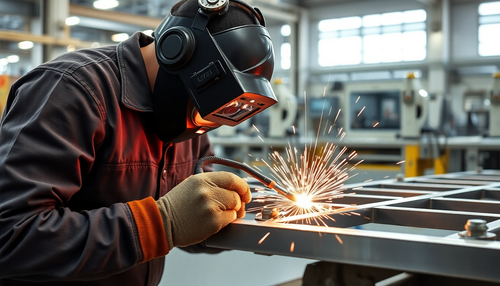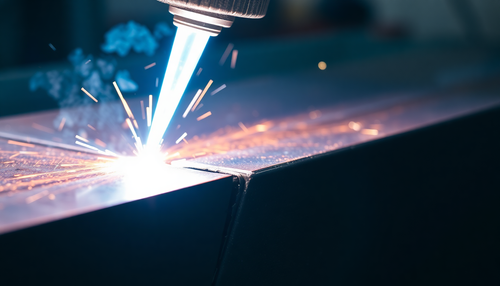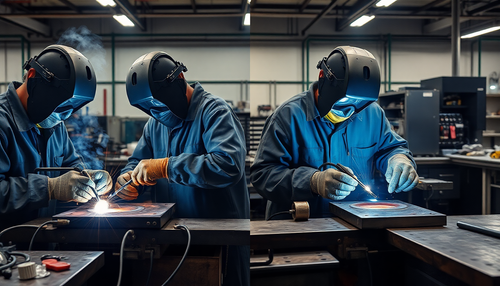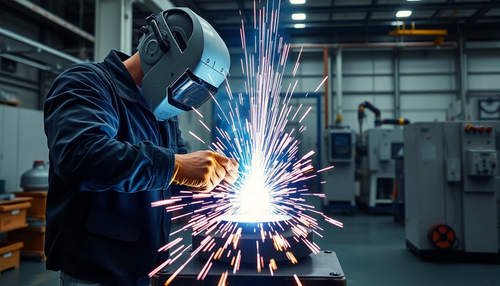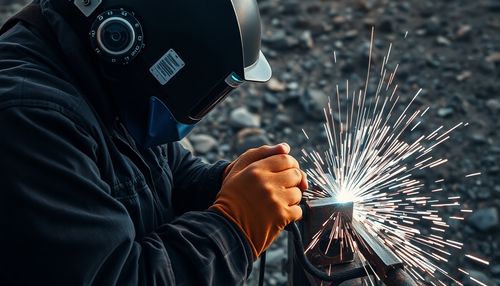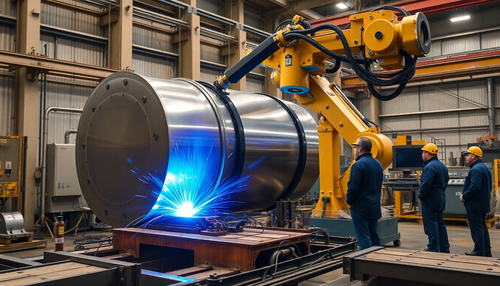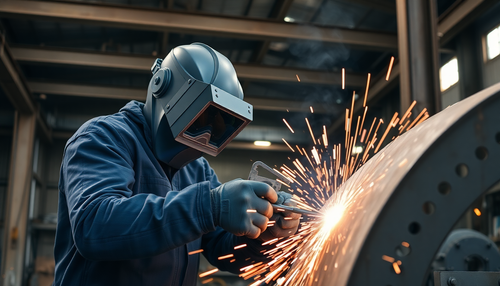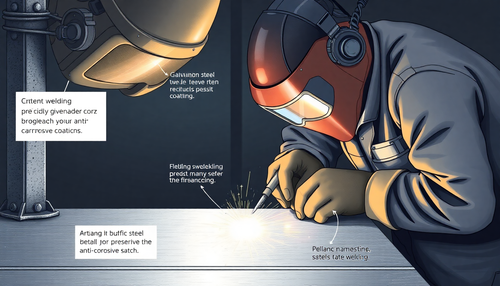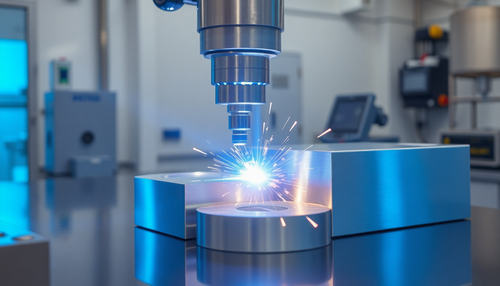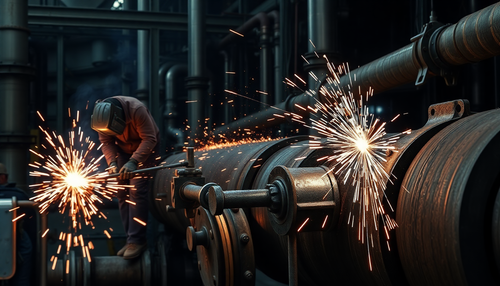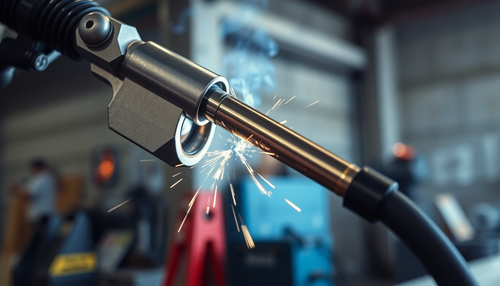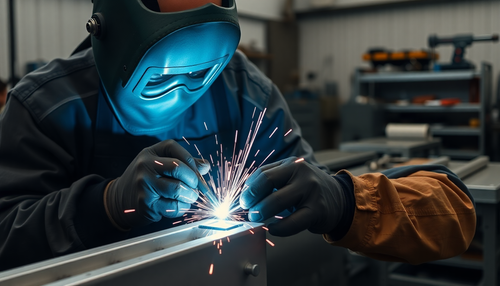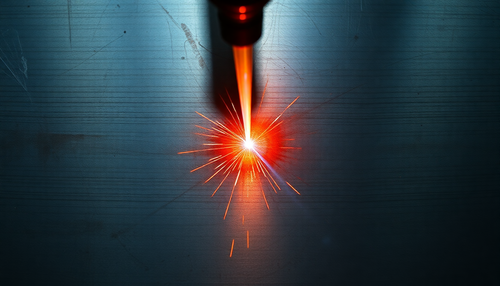
Can you imagine machines without nuts and bolts? Probably not, right? Almost all processed hardware components, both commercial hardware such as cell phones, televisions, cars, refrigerators and televisions, and industrial hardware such as lathes and electrical equipment, use various types of mechanical fasteners. Mechanical fasteners can come in different types depending on the application, some of them are wood screws, socket head screws, lock washers, cap screws, metal screws, washers and many more.
This article will discuss the different types of fasteners, the materials used in their manufacture, the different coatings on the most common fasteners and hex nuts, and fastener selection.
What is a fixative?
Before we delve into the types and uses of fasteners, let's first look at the definition of fasteners. A fastener is a variety of tools such as screws, washers, nuts, and bolts. All of these tools have the common goal of mechanically holding two or more objects together.
Unlike glue, fasteners can secure objects made of metal, plastic, wood and concrete. They hold together objects that can withstand high loads. These screws, lock washers and nuts are divided into socket head screws, wood screws, permanent fasteners, self-tapping screws and more.
Different types of fasteners and their uses

Fasteners can be mainly divided into two categories: permanent fasteners and non-permanent fasteners. As the name suggests, a permanent fastener forms a permanent bond and the latter forms a temporary bond. This versatility, as there are different types of screw heads, makes them highly sought after. Mechanical fasteners are commercially available in various sizes and shapes. There are different types, which in turn have different categories within them. Some of the most common types of fasteners are summarized below:
· screws : A fastener with external thread, high durability and better grip strength
screw : A partially threaded fastener that holds two parts together, also called a threaded screw
· nuts : It is internally threaded and fits on a screw to secure objects and prevent loosening
· Rivets : Forms permanent connections between objects, also contains blind rivets
· Washers : A flat washer used with nut and bolt to distribute the load
Nails : A long, thin piece of metal used to connect objects
· anchor : is used to fix objects to concrete surfaces
All of the above fastener types have additional categories and relevant unique applications. Let's consider the details of the types of fasteners in more detail, and also see what fasteners are for.
Screws:
Screw caps are the most commonly used fasteners. They are very versatile and durable. These hexagonal screws are designed to fix worn internal threads along their entire length and their heads are available in different shapes. Screws require internal threads on objects to hold them together. They drill external threads into the object they are inserted into. This reduces the need for pre-cutting.
There are many types of threaded connections on the market, such as machine screws, deck screws, sheet metal screws, lock nuts, lock washers, slotted grub screws, and more. These include, among others:
· Machine screws
Machine screws are used to fasten two metal objects. They are inserted into pre-existing threaded holes, which is why machine screws are sometimes called threaded fasteners.

· Deck screws
This type of screw cap – sometimes called a wood screw – has a coarse thread and a tapered head. They are used on outdoor decking and wood materials to prevent corrosion.

Sheet metal screw
These screws have sharp threads to connect metal to other objects. With their notched tip, they can cut sheet metal, plastics and wood. Sheet metal screws generally make the best connection in a nut threaded hole or tapped hole.

· Drywall screw
They feature a coarse thread and a tapered head with a fine tip so they can be inserted into drywall without damaging the material.

· Hexagonal screw
These are large wood screws that are inserted with a wrench instead of a screwdriver. They are used for heavy-duty applications. Hex head screws have a hexagonal head shape. This hexagonal attachment point helps them increase torque. That's why these hex screws are considered the strongest metal fasteners. Hex screws are sometimes called wood screws.

These are some of the most common types of screws. Now let's move on to screws, screw heads and their types.
Screw:
Another common type of fastening is screws. These two pieces are used to join the parts together without threads. A screw is a fastener with a straight, threaded shaft and a head paired with a nut for securing objects. The different types of nuts and bolts include:
· Bus bolts
Carriage screws have a square neck, convex head and multiple threads and are used to fasten wooden materials.

· Allen screws
These screws have a hex socket in the head for use with an Allen wrench

· Plow Bolts
These plow screws are screws with a flat square head, countersunk head, square neck and standard thread. Plow bolts are heavy-duty fasteners.

· Flange screws
They have a round flange in the shape of a U-bolt under the head, which serves as a washer to distribute the load. They can be categorized as U-bolts.

· Fixing anchor bolts
These anchor bolts firmly connect structured and unstructured elements.

· Double-ended screws
Double end screws, as the name suggests, have sharp threads on both sides and are therefore used to connect two flanges.

Screws are considered as important as screws and we have briefly defined some of their main types to explain how they work.
Nuts:
An important fastener that works in conjunction with a screw is a nut. It is internally threaded to fit a screw of the same size to improve grip and provide greater torque. Locknuts are screwed to fit an already defined nut or threaded hole. The different types of hex nuts include the following:
· Wheel nuts
They are also called wheel nuts and are used to secure vehicle wheels.

· Nuts
The hexagonal nut protects the internal threaded bushings of the fastening element, preventing them from protruding.

· Flanged nuts
Commonly used on assembly lines, these nuts have a wide flange at one end. This distributes the pressure and protects the part.

· Union Nuts
A cap nut is an elongated locknut for connecting threaded rods. It also allows you to extend a pole.

Nails:
Nails are the oldest fasteners in history and there are still many applications that use nails. A nail physically looks very similar to a screw, but the difference is easy to tell. One of the main differences between nails and self-tapping screws is that the nail does not have a machine thread, while the screw has a thread. Without a doubt, a screw provides a better and more stable connection, but a nail has better shear properties, which makes it a good choice for some applications.
Here we discuss some important nail types:
· Common nails
This category of nail has a thicker shaft and this thickness helps create a stronger connection between two or more objects. One of the biggest disadvantages of a common nail is that its thicker shaft is visible in the joint and this greatly affects the aesthetics of the joint parts.
· Box of nails
Box nails have a diamond point and a head point. They are most often used to connect steel structures.
· Nail finishing
Finish nails are flat, square head screws that blend into the application material with a better locking mechanism when used in applications. This category of smooth, rounded nails results in a clean finish and is often used in complex, detailed design work.
· Ground nails
As the name suggests, this category of nails is used in flooring.
Felt roofing nails
Roofing nails are considered corrosion resistant and have a wide head.
· Nail framing
These nails come in many different manufacturing designs and are often used in installing recessed applications and the like. They are also easy to camouflage and hide.
So, these are some important types of fasteners briefly described above. You're probably wondering what material these construction nuts, bolts, and washers are made of. Now let's move on to the materials needed to make fasteners and washers.

The material for making sheet metal screws
The material used to manufacture the mechanical fastener largely depends on its application. Different materials are used for fasteners, from aluminum and brass to various types of steel. Material selection plays an important role in determining properties such as strength, corrosion resistance and brittleness.
Let's look at some fastening materials commonly used in industry.
Steel fixing:
Steel is the most used material in the manufacture of fasteners. Around 90% of the connecting elements are made of steel. The reason for its popularity is due to the durability and strength it provides to fasteners. They are used both as ordinary steel and as steel with surface treatments such as galvanizing and galvanizing.
The industry prefers carbon steel for fasteners, for which four standard steel grades are available depending on requirements.
· Grade 2
Grade 2 steel fasteners are commonly used for hardware and are inexpensive but less durable.
· Class 5
This is also known as F grade and is often used in the automotive industry for its improved strength through work hardening.
· class 8
Grade 8 fasteners undergo more hardening than grade 5 fasteners, making them stronger than other grades and suitable for vehicle suspensions.
· Alloy steel
Steel is heat treated at very high temperatures to improve its strength. It is strong, but can become brittle.
Stainless Steel Clasp:
Stainless steel is an alloy that combines low carbon steel with chromium. Both components impart different properties to the connecting elements. Chromium offers high corrosion resistance, while the low carbon steel content provides some strength. Some commonly used types of stainless steel are 18-8 stainless steel, 410 stainless steel, and 316 stainless steel.
Aluminum clasp:
Aluminum is a lightweight metal with high corrosion resistance. Therefore, aluminum fasteners retain their properties even if they are damaged during use. Most manufacturers combine elements such as zinc, silicon, magnesium, iron, copper, etc. with aluminum when producing its fasteners.
Different types of coatings available for machine screws

Fasteners can lose durability and corrosion resistance when exposed to adverse environmental conditions. Coating the fasteners helps prevent these effects and improve their performance. Various coatings are commercially available and vary depending on the type of fastener. Some of them are listed below:
· Transparent and yellow zinc
Zinc coatings are inexpensive and therefore the most popular coating. Transparent zinc fasteners have high resistance to oxidation. Both clear zinc and yellow zinc coated fasteners are ideal for use in humid environments.
· Chromium and nickel
Both improve corrosion resistance, but are also used to add an aesthetic touch to fasteners.
· Phosphate gray
Gray phosphate fasteners have a longer service life.
· Electrically galvanized
This coating adds thin layers of zinc to protect against corrosion .
· Brass and bronze
Both metals have high resistance to corrosion and are visually attractive, which is why they are used to give the finishing touch to fasteners.
Since the connecting elements are made of different materials, they are also supplied with different coating materials. Sometimes the coating serves to protect against corrosion, but sometimes it also helps create a better connection between two or more objects.
How to choose different types of fasteners
It is important to choose the right fixative for the desired application. When choosing the right fasteners for your application, you should always ask yourself three questions:
· What type of connection do you need?
· What application requires these fasteners?
· What characteristics does your lock nut need to have?
· What is your specific need for a connection element?
· What key properties should your production part have?
Once you have the answers to these questions, you will know which threaded fasteners are best for your application. You can ensure the high performance of your application by selecting the appropriate fastening properties. For example, if you want to connect two manufactured parts vertically, internally threaded fasteners are the best choice for you. The above discussion shows the importance of making the right decision when selecting fasteners.
In summary, although mechanical fasteners may not seem particularly important, they maintain the connection between two parts of a manufactured part. There are different types of fasteners like nuts and set screws which also include different types of threaded screws and hex nuts. Therefore, the selection of fasteners must be made according to the required characteristics of the manufactured part.


